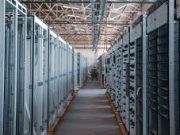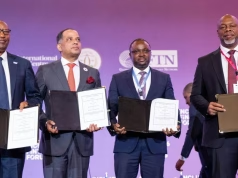The World Bank has released a report highlighting the significant negative impact of absenteeism in Nigeria’s health and education sectors. The report, titled “Human Capital Public Expenditure and Institutional Review,” reveals that absenteeism among teachers and health workers can lead to a staggering 34% loss in public spending on these crucial services.
This translates to billions of dollars lost annually, hindering service delivery and jeopardizing the well-being of millions of Nigerians. The report sheds light on the specific areas most affected by absenteeism and proposes solutions to address this critical issue.
Key findings of the World Bank report:
- High Absenteeism Rates: On average, 13.7% of teachers were absent from school during unannounced visits. Additionally, a third (31.7%) of randomly selected health providers were absent during surprise inspections.
- Financial Losses: Due to absenteeism, an estimated 13% of public expenditures in education and 21% in health are lost. This translates to significant financial losses, with Lagos State alone experiencing a leakage of $6.7 million from health and education systems in 2021.
- Impact on Service Delivery: The report indicates that even when teachers and health workers are present, they often dedicate less time to their core duties. This translates to less actual teaching time for students and reduced patient care for those seeking medical attention.
The report emphasizes the long-term consequences of these issues. It estimates that Nigeria’s economy could be up to 2.77 times larger if comprehensive education and health services were provided.
Recommendations for Improvement:
The World Bank recommends that the Nigerian government invest significantly more in education and healthcare. This includes:
- Increased Per-Student Funding: The report suggests that Nigeria should ideally invest at least $1,000 per primary school student, a sixfold increase from current levels.
- Addressing Out-of-School Children: To achieve Sustainable Development Goal 4 (quality education), Nigeria needs to significantly increase its investment in basic education, considering the high number of children not attending school.
By tackling absenteeism and increasing investment in these critical sectors, Nigeria can improve service delivery, enhance its human capital, and unlock significant economic potential.

























